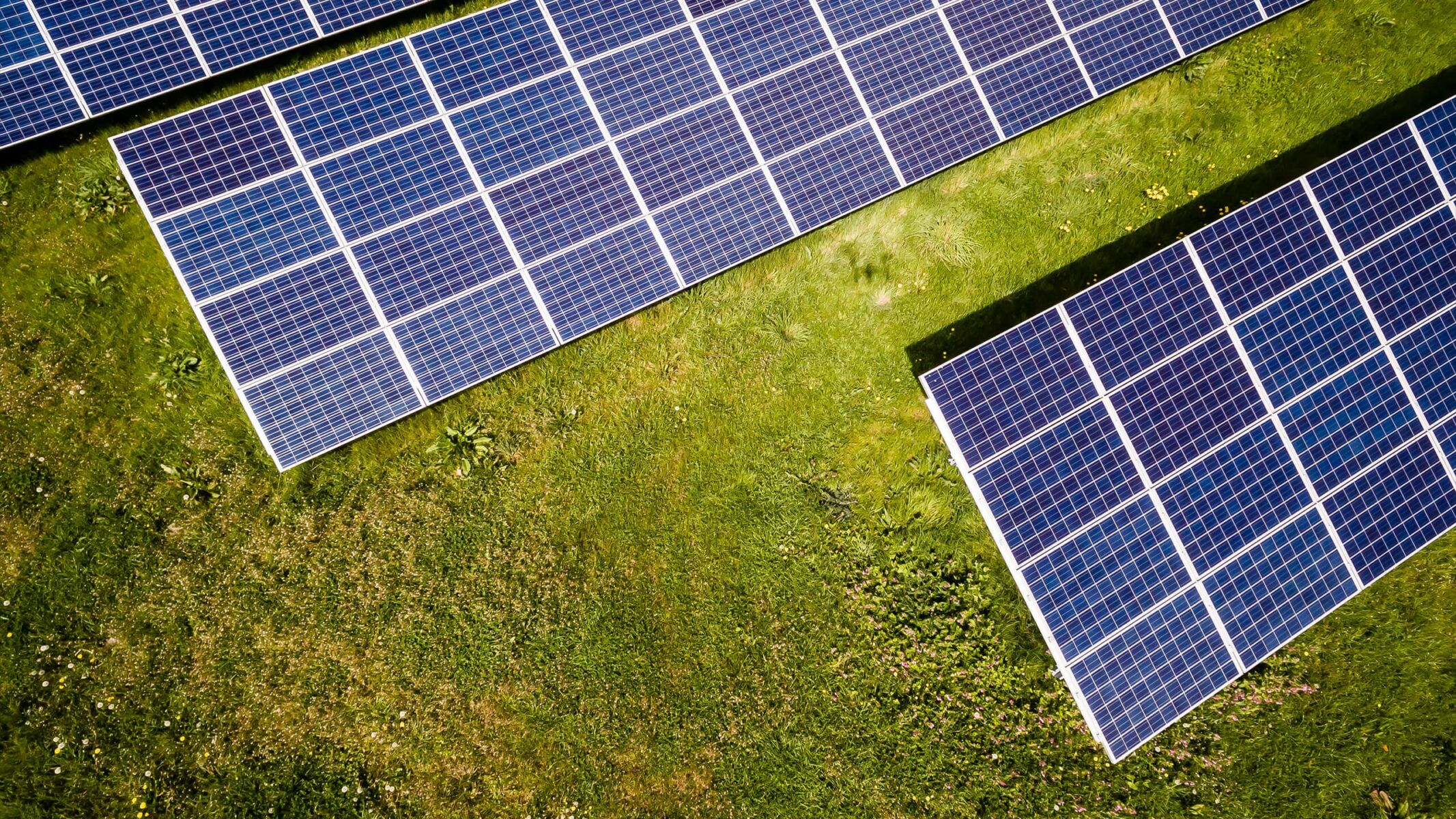Thailand advances in clean energy and carbon credit trading

Thailand is making significant strides in clean energy development as the government and businesses collaborate on various projects aimed at reducing carbon dioxide emissions. Initiatives such as increasing the use of renewable energy sources for electricity generation and promoting electric vehicles (EVs) are helping create new environmentally friendly businesses.
Companies that do not adhere to eco-friendly practices may face penalties, while those working to minimise environmental damage could gain certain benefits. One such penalty is the Carbon Border Adjustment Mechanism (CBAM), introduced by the EU to impose charges on manufacturers that do not follow environmentally friendly practices.
Thai businesses are also capitalising on carbon credit trading and renewable energy certificates (RECs) to combat global warming. Carbon credit trading enables companies to sell credits from reduced emissions to other organisations struggling to meet their reduction targets. Meanwhile, RECs encourage power plant owners to generate electricity from clean fuels, with each REC certifying that the bearer generates one megawatt-hour (MWh) from renewable energy resources.
The state-run Electricity Generating Authority of Thailand (Egat) actively participates in REC trading to help the government and companies achieve their carbon dioxide emission reduction goals. Egat sold its first RECs to Toyota Motor Thailand in 2020, which supported its plan to reduce greenhouse gas emissions by 30% by 2025.
Thailand aims to have renewable energy account for 50% of all fuels used for electricity generation by 2036, up from 11% in 2021. The Energy Regulatory Commission (ERC) encourages companies to participate in the second phase of its renewable power scheme, with a total generation capacity of 3.6 gigawatts. This phase includes the development of on-ground solar farms, wind power, biogas, and industrial waste-to-energy projects.
The Thai government announced at the 26th UN Climate Change Conference in Glasgow that it would take more serious action to address climate change, striving to achieve carbon neutrality by 2050.
Latest Thailand News
Follow The Thaiger on Google News:


























